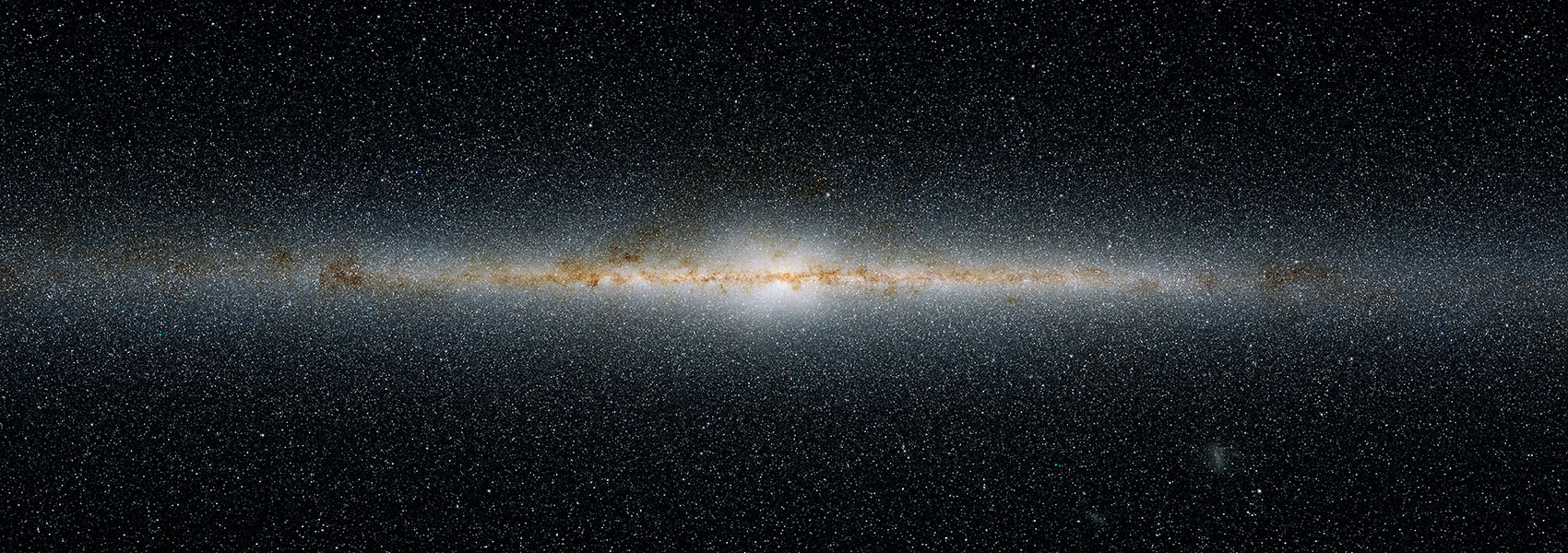February
2017
•
2017AJ....153...90N
Authors
•
Nugent, C. R.
•
Mainzer, A.
•
Masiero, J.
•
Wright, E. L.
•
Bauer, J.
•
Grav, T.
•
Kramer, E.
•
Sonnett, S.
Abstract
•
The rapid accumulation of thermal infrared observations and shape models of asteroids has led to increased interest in thermophysical modeling. Most of these infrared observations are unresolved. We consider what fraction of an asteroid’s surface area contributes the bulk of the emitted thermal flux for two model asteroids of different shapes over a range of thermal parameters. The resulting observed surface in the infrared is generally more fragmented than the area observed in visible wavelengths, indicating high sensitivity to shape. For objects with low values of the thermal parameter, small fractions of the surface contribute the majority of thermally emitted flux. Calculating observed areas could enable the production of spatially resolved thermal inertia maps from non-resolved observations of asteroids.
Links




